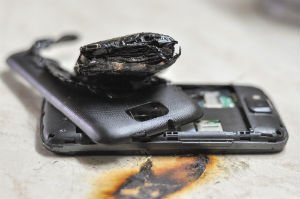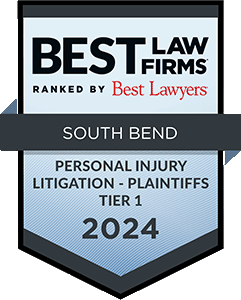 According to the U.S. Consumer Product Safety Commission (CPSC), hoverboard dangers are a serious threat to consumers and no hoverboard can be considered safe at this time.
According to the U.S. Consumer Product Safety Commission (CPSC), hoverboard dangers are a serious threat to consumers and no hoverboard can be considered safe at this time.
These popular devices have caused serious harm to several individuals who may be entitled to seek compensation through a personal injury lawsuit. Our South Bend product liability attorneys can advise you of your options if you have been injured by this defective product.
CPSC Sends Warning to Manufacturers
After months of investigating the safety hazards affiliated with hoverboards, the CPSC sent a letter to importers, retailers and manufacturers that detailed new safety standards that must be followed. If the guidelines are ignored, the standards will be enforced by the detention and seizing of non-compliant hoverboards. Criminal and civil penalties may also be imposed.
The CPSC is asking hoverboard manufacturers and sellers to remove hoverboards from the market until they are certified. The certification company they are to use is UL, an independent firm used by American manufacturers.
Although the CPSC is not demanding a recall, it will seize imported hoverboards thought to be hazardous. Additionally, manufactures and retailers will likely initiate recalls now that this notice has been issued.
This declaration by the CPSC makes hoverboard retailers and manufacturers accountable by the government to follow UL’s safety standards.
Because of safety concerns, the CPSC will continue to investigate retailers who sell hoverboards whether they have physical stores or not. Targeting will begin when ships importing the hoverboards come into the United States. If hoverboards sold in the U.S. do not meet safety standards, they will be labeled as defective and can be recalled.
Safety tests were conducted by the CPSC as well as UL. The tests involved hoverboard batteries and circuit boards, voltage tests, previously burned hoverboards and CT scans of batteries. While no open flame was replicated, the temperature became hot enough during testing to melt and overheat. The investigation was brought about after several instances of hoverboards bursting into flames.
If you have been injured by a defective product like a hoverboard, reach out to the skilled product liability lawyers at the law offices of Pfeifer, Morgan & Stesiak immediately to discuss your legal options.
For a free case review, call (574) 444-0741.











